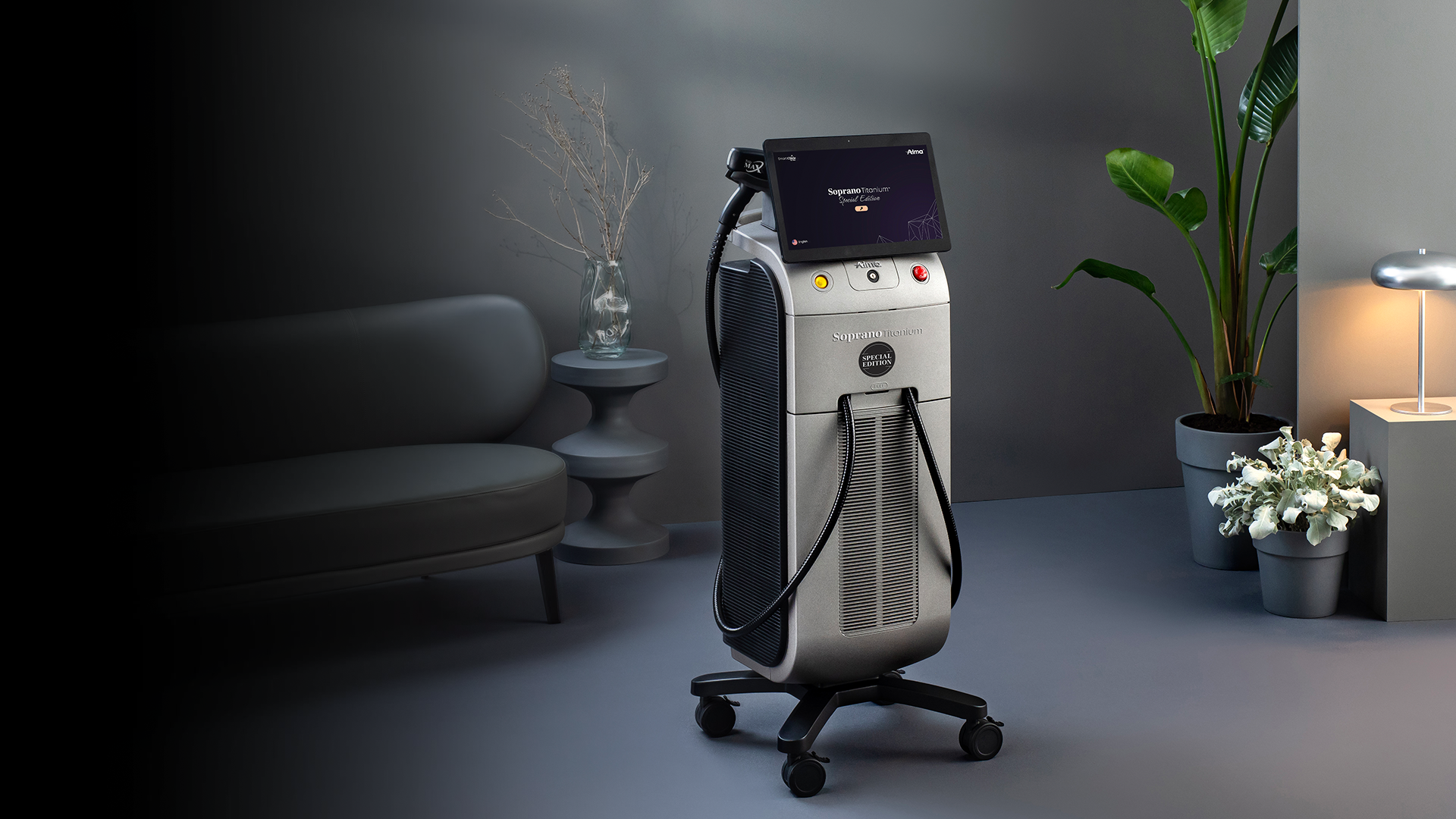Titanium laser devices are an exciting and innovative advancement in modern technology, combining the unique properties of titanium with the precision of laser technology. These devices are becoming increasingly prevalent in various industries, from medical and dental fields to manufacturing and aerospace. In this article, we will dive into the significance of Review of the Titanium Laser Device, their applications, and the reasons why they are changing the landscape of several industries.
What is a Titanium Laser Device?
A titanium laser device is a tool that uses a laser beam to perform tasks with exceptional accuracy and precision. The device incorporates titanium, a metal known for its strength, durability, and resistance to corrosion, making it an ideal material for the housing or construction of certain laser equipment. Titanium lasers operate on the principle of focused light to cut, engrave, or mark materials with high precision, often used in applications that require fine detail and exact measurements.
The titanium component in these devices contributes to their robustness and longevity. It also ensures that the laser equipment remains resistant to the harsh conditions it may encounter, such as heat and pressure, commonly found in industrial and medical settings.
Applications of Titanium Laser Devices
- Medical and Dental Applications
Titanium lasers are widely used in the medical and dental fields due to their ability to work with precision without causing excessive damage to surrounding tissues. In dentistry, titanium laser devices can be employed to remove or reshape gum tissue, treat periodontal disease, and even in dental implants. Their ability to cut through hard and soft tissues with minimal heat damage makes them particularly valuable in surgeries that require delicate handling.In the medical field, titanium lasers are used in skin resurfacing, the removal of tumors, and even eye surgery. The accuracy of the laser allows for controlled, non-invasive procedures that reduce recovery time and improve patient outcomes.
- Manufacturing and Aerospace
The manufacturing industry benefits from titanium laser devices because they can be used to cut, weld, and engrave titanium and other materials with unparalleled precision. Titanium is a common material in industries such as aerospace, automotive, and high-performance manufacturing. Titanium laser devices can easily handle intricate designs, making them an essential tool for creating parts with complex shapes, while ensuring that they meet the demanding standards of these industries.Aerospace applications, in particular, benefit from the combination of titanium and laser technology. Titanium is frequently used in aircraft components due to its strength-to-weight ratio and resistance to corrosion. The use of titanium laser devices allows manufacturers to create high-quality, lightweight parts that are durable and cost-effective.
- Jewelry and Decorative Arts
Titanium laser devices have also found a place in the jewelry and decorative arts sectors. The precision offered by these lasers allows for detailed engraving and intricate designs on titanium jewelry and other items. Titanium’s resistance to corrosion and its aesthetic appeal make it a popular material for rings, bracelets, and other fashion accessories. Lasers help create fine details in these pieces, elevating their appeal in the luxury market. - Research and Development
In research, particularly in the fields of material science and engineering, titanium lasers are often used to study the properties of various materials under intense conditions. These lasers can precisely alter or examine the structural integrity of materials, including titanium itself, making them indispensable tools in laboratories and research institutions.
Advantages of Titanium Laser Devices
- Precision and Accuracy
One of the primary advantages of titanium laser devices is their unmatched precision. They can make extremely fine cuts or engravings, often with minimal margin of error. This high level of accuracy is essential in industries like aerospace and medicine, where even the smallest miscalculation can result in significant consequences. - Durability and Corrosion Resistance
Titanium’s inherent durability and resistance to corrosion make it an ideal material for lasers that operate in demanding environments. This means that the laser devices can withstand exposure to harsh chemicals, high temperatures, and even high-stress situations, all without compromising performance. For applications in medical and industrial settings, where reliability is crucial, titanium lasers offer a dependable and long-lasting solution. - Non-Contact Technology
Since lasers are non-contact tools, they eliminate the risk of physical damage to the materials being worked on. This feature is particularly beneficial when dealing with sensitive materials or tissues in medical procedures. The ability to manipulate materials without direct contact minimizes the risk of contamination or unintended alterations. - Speed and Efficiency
Titanium laser devices are known for their speed and efficiency, completing tasks in less time compared to traditional methods. In manufacturing and medical applications, this translates to increased productivity and reduced patient recovery times.
